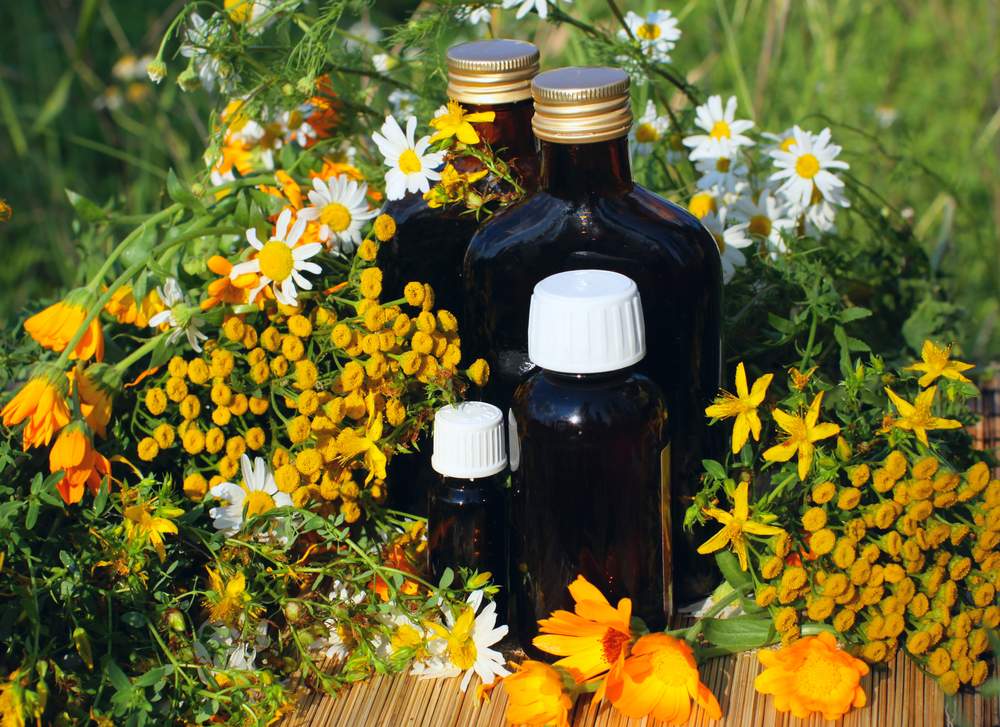
There are plenty of over-the-counter supplements, but do they actually do any good for the patient?
Supplements from other sources are not tested for conditions they are advertised to treat. The supplement industry is not regulated the way prescription drugs or Practitioner’s only supplements (POS) are. The ingredients on the label may not accurately reflect what’s actually in the supplement and this has been proven by laboratory testing of some of them.
As naturopathic practitioners, we strive for reliable, evidence-based formulas and we are proud of our results. More often than not, we can rely on Practitioner’s only (POS) products for the reasons listed above. Self-prescribing OTC supplements is something I observe a lot of my patients don’t achieve the results they had hoped for. To achieve a therapeutic effect the dosage, form & duration of prescription are essential. Consulting a qualified practitioner is the best way to address any health concerns.
Practitioner’s only supplements ( POS) are approved by the Therapeutic Goods Administration (TGA) and are rigorously tested as in no other country in the world.
Efficacy
Several factors contribute to the therapeutic effectiveness of a product. The most important being the choice (& quality) of ingredients & the forms of nutrient(s) &/or plant parts that are used within the formula. The combination of ingredients is also just as important. Some ingredients work better together than on their own, this is known as synergy. A well-known & evidence-based example of synergy would be the addition of Vitamin C to Iron supplements to enhance absorption.
With regards to ingredients, often OTC products contain inexpensive & poorly bioavailable forms of nutrients or incorrectly combining nutritional supplements or less active components of the herb (i.e. using the leaves & flowers instead of the root, harvested at the wrong season, country of the source).
Bioavailability
Bioavailability simply refers to the ability of a substance (i.e nutrient or herbal constituent) to enter circulation & be used by the body. Therefore, for a nutrient to illicit beneficial influence over the body high bioavailability is required. The body can’t absorb products with low bioavailability, which results in very little benefit.
A classic example is OTC digestive enzymes formula containing salivary stomach and pancreatic enzymes – all in one capsule. Such formulas have no therapeutic benefit at all. If homo sapiens digestion was so simple, we would have mouth, stomach, liver, gallbladder and pancreas as one big organ.
On the other hand in Australia, each POS supplement has their TGA Australian licence number. This way efficacy, safety & prescribing reliable, quality formulas is guaranteed.
Quality of herbs and supplements
The quality of herbal medicines and supplements differs between OTC & POS products. POS companies use vigorous batch testing to ensure that the herbs that are used are:
- not adulterated,
- contain the correct potency of active constituents.
- have consistency in the manufacturing process
Companies can adulterate herbs by adding substances not claimed on the label. This can happen both accidentally and intentionally, when similar herbs are used instead of the real herb.
| Any of the Australian practitioner’s companies are taking adulteration of herbs seriously. This is an email all herbalists have I received from one of the leading Australian herbal extracts companies:We have recently made a decision to discontinue zizyphus due to the difficulty in acquiring quality raw material. It is not possible to import the whole seed anymore. It must be milled and, unfortunately, the quality degrades very quickly when milled and it does not pass our testing. Our last delivery of zizyphus was fully tested according to the Chinese Pharmacopoeia 2010. This material failed identification via thin layer chromatography, and failed an assay test for jujuboside, so it was subsequently rejected. One of the most common is adulteration of American ginseng (Panax quinquefolius) is originally grown in North America. Due to price difference and supply shortage, American ginseng recently has been cultivated in northern China. The price difference between North America and China has caused a rise in market demand and profit temptation, resulting in American ginseng being substituted and/or adulterated with other cheaper species. |
Safety
One of the biggest misconceptions with all self-subscribing supplementation is that it comes without risk, that you can take any herb or nutrient for as long as you wish and as much as you wish without causing any harm. This really couldn’t be further from the truth & one of the major reasons consulting a qualified practitioner is so important. Even in acute situations.
One example of negligence was a weight loss product HydroxyBurn Elite product where a 28 old man had liver failure.
One issue of the OTC supplements is not only adulteration but lack of standardisation. Adulteration of American ginseng (Panax quinquefolius) with Panax ginseng is a classic example were below stated on the package potency but some were well above. All three scenarios are dangerous. Using the wrong ginseng root is not only an unethical practice, but also may induce unpredicted therapeutic outcome. In addition, American ginseng root cultivated in China may have different therapeutic activities compared to American ginseng grown in North America.
What are consequences of taking the OTC supplements?
I strongly discourage to self-subscribe even if you take them for well-being, the reason being:
1 . OTC supplements are not necessarily cheaper
In order to keep the most popular supplements cheap, often corners are cut. There is no therapeutic dose in them, otherwise, the TGA would require a licence number. Fish oil and magnesium are a classic example. However, some online supplements can be expensive too.
2 . Side effects of taking OTC supplements
Self-subscribing can have an impact not only on your pocket but also on your health. In almost 30 years of my clinical practice some of those patients who took OTC have reported diarrhea, constipation, upset stomach, confusion or headaches or interactions with POS or prescribed medications. This is due to the fact that an average consumer does not understand the supplements which she /he is taking and only relies on the marketing of the manufacturer.
Often I come across patients taking similar OTC formulas at the same time from 2 or even 3 different manufacturers before they come to my Clinic. This can have a combined impact on their blood viscosity (bleeding) liver toxicity and kidney function . As earlier discussed case of taking HydroxyBurn Elite product where a 28 old man had liver failure demonstrates my point.
3, Some over-the-counter, or networking supplements are poorly formulated
One of the latest trends in the OTC supplement are “All in One powders” for Everything and Everyone. Such formulations are lacking even a basic understanding of herbal medicine, nutrition and human physiology. For example, one herb or supplement in such formula antagonises the other like Kale ( thyroid suppressant) and Kelp (thyroid stimulant), or Licorice -potassium depleter ( blood pressure increase) and Beetroot power (reducing blood pressure). No consideration is given to any of patients’ medical conditions, their medications in this ”one size fits it all” supplement.
- Interactions of OTC supplements with prescribed drugs
A naturopath takes time to do research on patients’ medications, will check for drug-herbs –nutrients interactions. This procedure is not happening in the retail situation or online purchases and this may presents with serious consequences for the patient as discussed above.
If you would like to know more about how the DH-Natural Medicine Clinic can help you, please call us now on
(02) 4854 0205
 Danuta Hulajko is a Naturopath, international speaker and the founder & practitioner at the DH Natural Medicine Clinic and www.healingremedies.com.au in the Southern Highlands
Danuta Hulajko is a Naturopath, international speaker and the founder & practitioner at the DH Natural Medicine Clinic and www.healingremedies.com.au in the Southern Highlands
Danuta specialises in Allergies, Anti-Aging, Auto-Immune Conditions, Cardiovascular Conditions, Female Reproductive, Long Covid, Menopause, Mould Toxicity, Skin Conditions, Stress and Insomnia and Thyroid Dysfunction.
References:
Over-the-Counter Nutritional Supplements: Implications for Critically Ill Patients | SpringerLink




